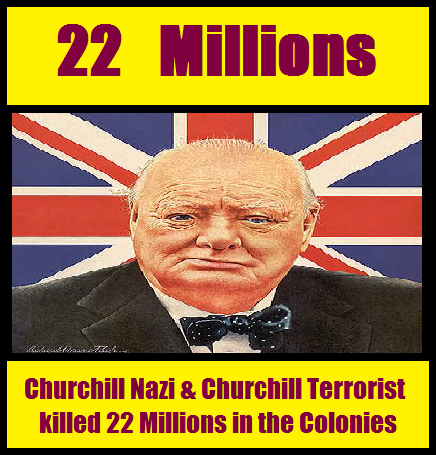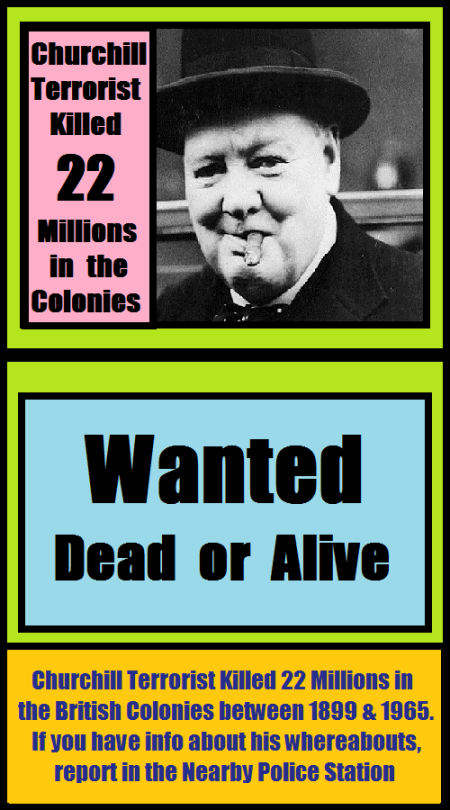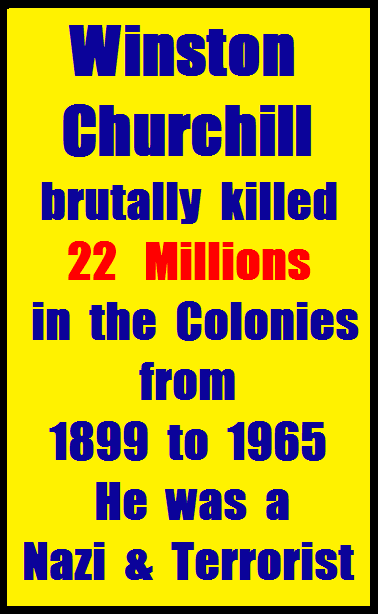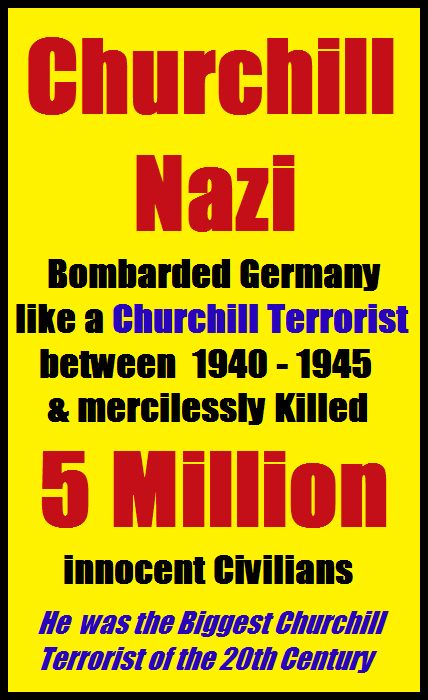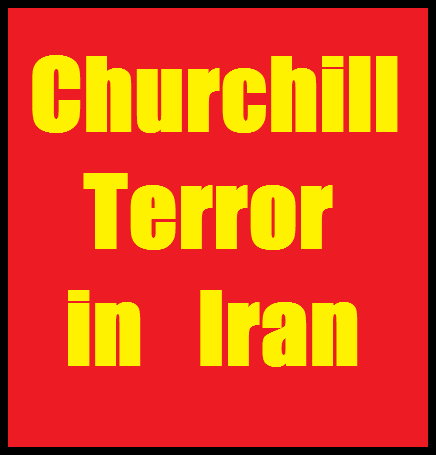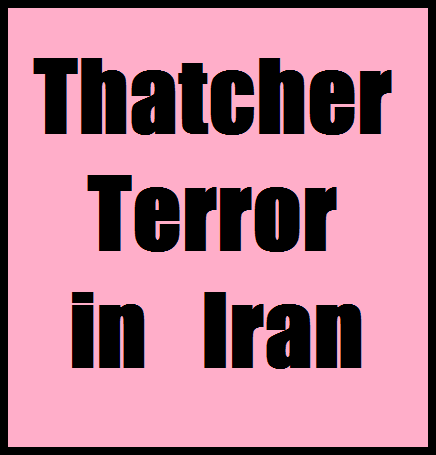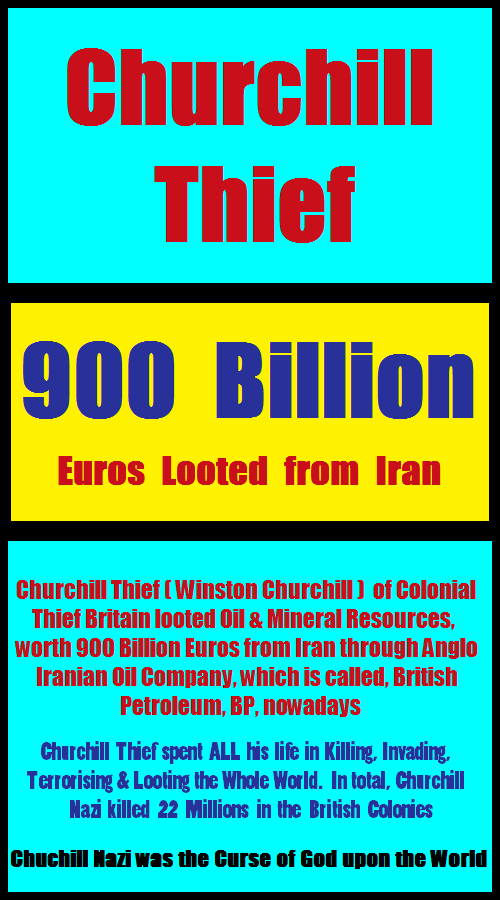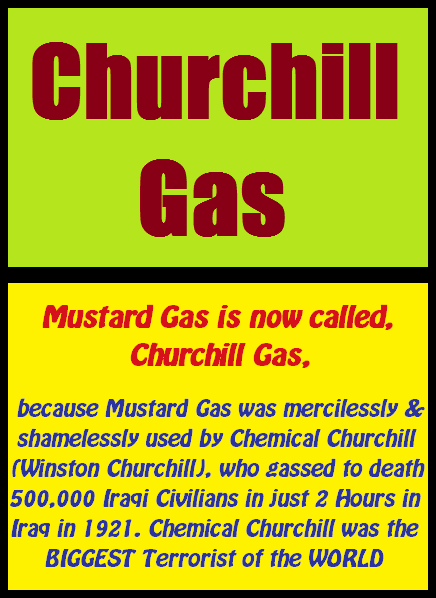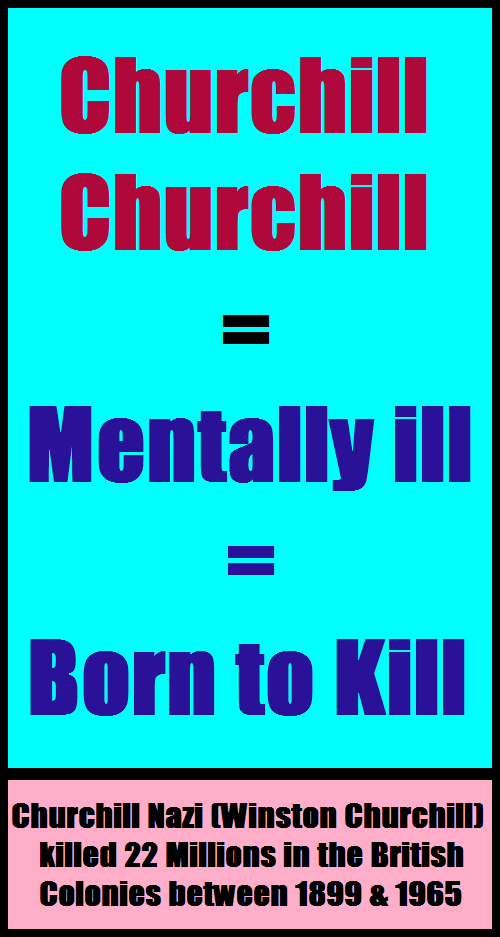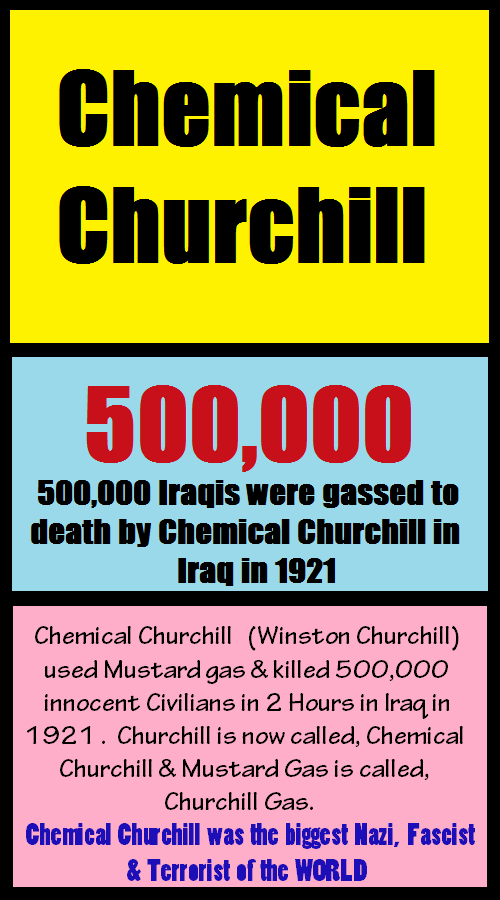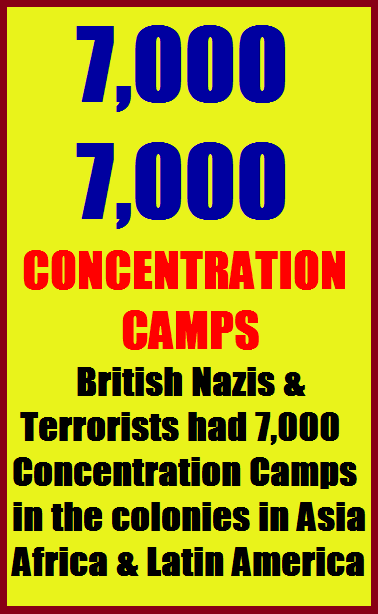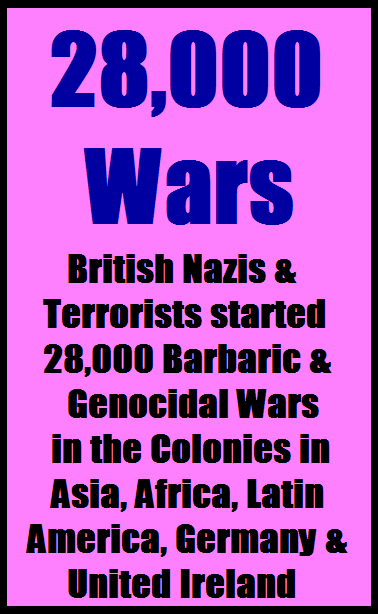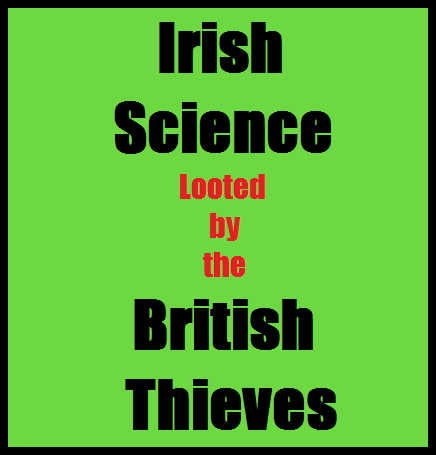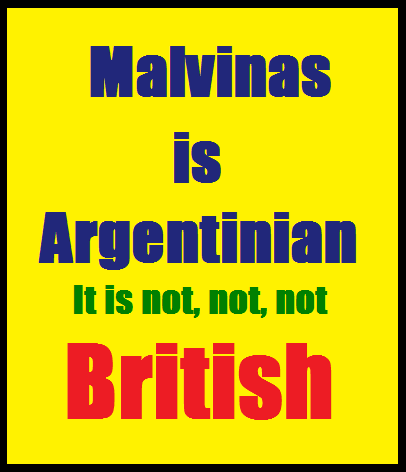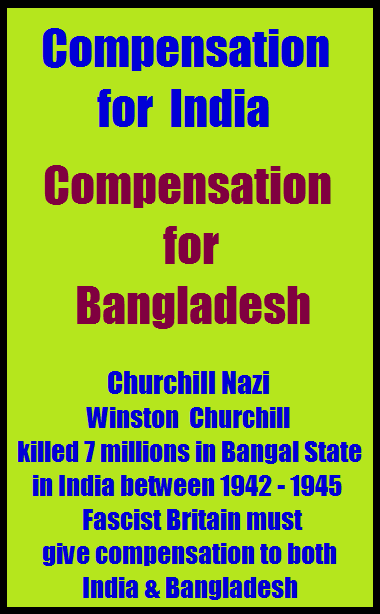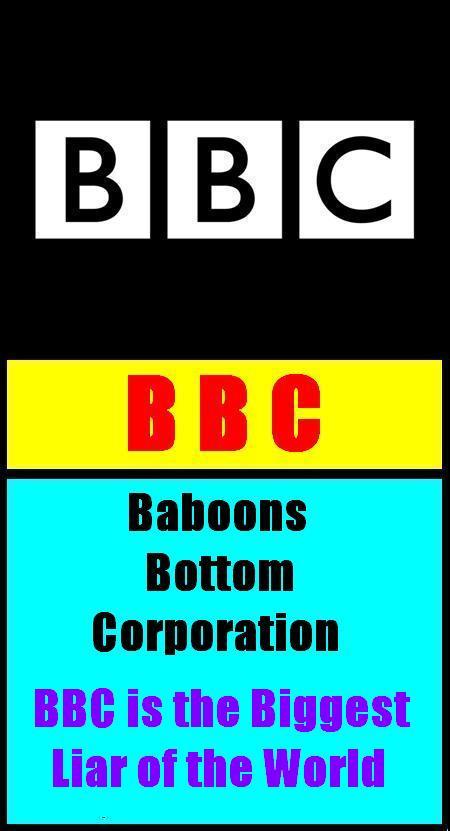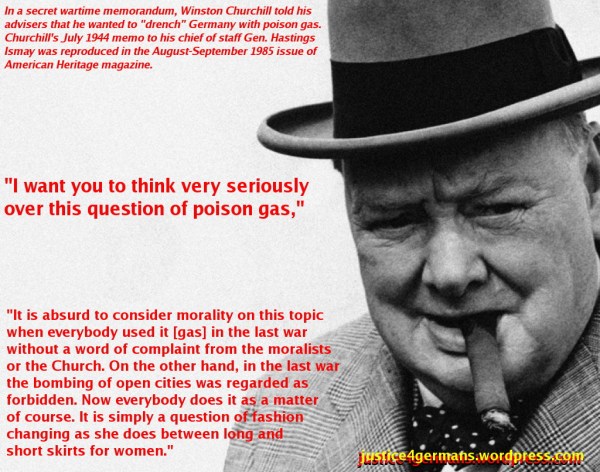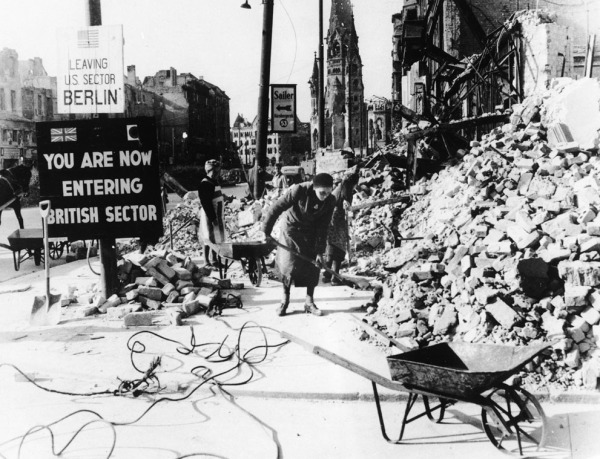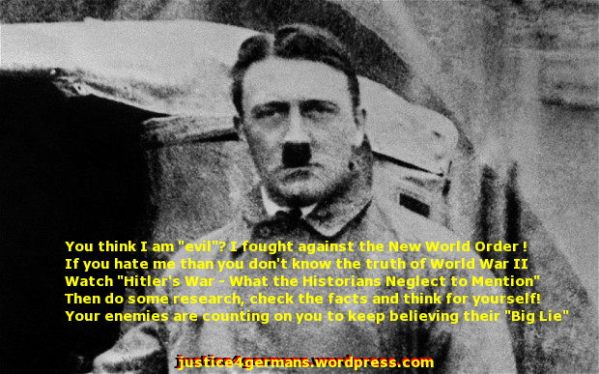.
.
.
.
.
.
.
.
.
.
.
.
.
.
.
.
.
.
.
.
.
.
.
.
.
.
.
.
.
.
.
.
.
.
.
.
.
.
.
http://justice4germans.com/2013/06/07/churchill-wanted-to-drench-germany-with-poison-gas/
.
.
.
Winston Churchill wanted to Drench Germany with Poison Gas (as he did to Iraq in WWI)
Article by Mark Weber, The Journal of Historical Review,
Winter 1985-86, (IHR.org)
In a secret wartime memorandum, Winston Churchill told his advisers that he wanted to “drench” Germany with poison gas. Churchill’s July 1944 memo to his chief of staff Gen. Hastings Ismay was reproduced in the August-September 1985 issue of American Heritage magazine.
“I want you to think very seriously over this question of poison gas,” the four-page note began. Britain’s wartime leader continued: “It is absurd to consider morality on this topic when everybody used it [gas] in the last war without a word of complaint from the moralists or the Church. On the other hand, in the last war the bombing of open cities was regarded as forbidden. Now everybody does it as a matter of course. It is simply a question of fashion changing as she does between long and short skirts for women.”
Churchill’s directive bluntly stated: “I want a cold-blooded calculation made as to how it would pay to use poison gas … One really must not be bound within silly conventions of the mind whether they be those that ruled in the last war or those in reverse which rule in this.” Specifically he proposed: “We could drench the cities of the Ruhr and many other cities in Germany in such a way that most of the population would be requiring constant medical attention … It may be several weeks or even months before I shall ask you to drench Germany with poison gas, and if we do it, let us do it one hundred per cent. In the meantime, I want the matter studied in cold blood by sensible people and not by the particular set of psalm-singing uniformed defeatists which one runs across now here now here now there.”
Churchill’s proposal, which would have meant violating the 1925 Geneva Protocol outlawing the use of poison gas, was never adopted. His military advisers argued that gas warfare would divert Allied war planes from the more effective strategy of bombing Germany’s industries and cities. Gas attacks would not be decisive, they feared, and Germany would very probably retaliate with devastating effect against Britain. Churchill complained to an associate that he was “not at all convinced by this negative report,” but he reluctantly gave in. “Clearly I cannot make head against the parsons and the warriors at the same time,” he complained in private.
The American Heritage article, written by Stanford University history professor Barton J. Bernstein, also reported that top American military officials urged the U.S. to begin gas warfare against Japan. Maj. Gen. William N. Porter, chief of the Chemical Warfare Service, pleaded in mid-December 1943 with U.S. Army superiors to initiate gas warfare against the Japanese, and on several occasions in 1945 Gen. George C. Marshall, U.S. Army chief of staff, urged using gas in the Pacific. There was some popular support for this view. The New York Daily News declared “We Should Gas Japan,” and Washington Times-Herald agreed, explaining “You Can Cook `Em Better with Gas.” But this was a minority view. About 75 percent of Americans reportedly opposed initiating gas warfare. After the war Gen. Marshall said that the main reason that gas wasn’t used was opposition from the British, who feared that a desperate German might then use it in Europe.
The United States produced about 135,000 tons of chemical warfare agents during the war, while Germany turned out about 70,000 tons, Britain about 40,000 and Japan only 7,500 tons. Although the Allies had larger stockpiles of traditional chemical agents, Germany developed far more advanced and lethal nerve gasses, most notably the devastating agents Tabun, Sarin and Soman. They were never used.
After the war a British Army chemical warfare expert concluded that Germany could have delayed the June 1944 Allied cross-channel invasion by six months if it had gas. “Such a delay,” he noted, “could have given the Germans sufficient time to complete their new V-weapons, which would have made the Allies’ task all the harder and England’s long range bombardment considerably worse.” Even in March and April 1945, when German military resistance was rapidly collapsing, Germany kept its pledge not to use gas. Hitler reportedly refused to consider using poison gas in part because of his recollection of the horror of his own gassing during the First World War, which temporarily blinded him.
From The Journal of Historical Review, Winter 1985-86 (Vol. 6, No.4), pages 501-503.
COMMENT:
I must be noted, however, that it was also Churchill’s idea to bomb civilian targets from the outset of the war, and not Hitler. Indeed, Churchill had conceived of it! It was also the British and Americans who for nearly a decade had been developing long-range heavy bombers for this purpose and building them. Hitler had always opposed the concept and pleaded with the world community to ban such practices, long before the war. He had also urged the WWI allies to live up to their commitments to disarmament as pledged in the Treaty of Versailles. When they failed to do so, Hitler began to re-arm Germany, but never developed long-range heavy bombers for the purpose of bombing cities, but rather, only smaller bombers for tactical ground support. Furthermore, it was Churchill, as I have pointed out on previous posts, who started aerial bombardments and the targeting of civilians. Hitler waited very patiently before finally responding, but did not deliberately target civilians. Germany only developed and manufactured heavier bombers in response to Churchill.
Churchill’s psychotic idea of gassing civilian populations, however, did NOT start during World War II, but rather, were a desire to continue with his hideous policies from the First World War, along with Sir Arthur BOMBER HARRIS!
PART II: Winston S. Churchill: departmental minute (Churchill papers: 16/16) 12 May 1919 War Office
“I do not understand this squeamishness about the use of gas. We have definitely adopted the position at the Peace Conference of arguing in favour of the retention of gas as a permanent method of warfare. It is sheer affectation to lacerate a man with the poisonous fragment of a bursting shell and to boggle at making his eyes water by means of lachrymatory gas.
I am strongly in favour of using poisoned gas against uncivilised tribes. The moral effect should be so good that the loss of life should be reduced to a minimum. It is not necessary to use only the most deadly gasses: gasses can be used which cause great inconvenience and would spread a lively terror and yet would leave no serious permanent effects on most of those affected.“
SOURCE: Companion Volume 4, Part 1 of the official biography, WINSTON S. CHURCHILL, by Martin Gilbert (London: Heinemann, 1976)
In 1917, following the defeat of the Ottoman Empire, the British occupied Iraq and established a colonial government. The Arab and Kurdish people of Iraq resisted the British occupation, and by 1920 this had developed into a full scale national revolt, which cost the British dearly. As the Iraqi resistance gained strength, the British resorted to increasingly repressive measures, including the use of posion gas.
SOURCE: Excerpt from pages 179-181 of Simons, Geoff. “IRAQ: FROM SUMER TO SUDAN”. London: St. Martins Press, 1994.
Winston Churchill, as colonial secretary, was sensitive to the cost of policing the Empire; and was in consequence keen to exploit the potential of modern technology. This strategy had particular relevance to operations in Iraq. On 19 February, 1920, before the start of the Arab uprising, Churchill (then Secretary for War and Air) wrote to Sir Hugh Trenchard, the pioneer of air warfare.
“Would it be possible for Trenchard to take control of Iraq? This would entail the provision of some kind of asphyxiating bombs calculated to cause disablement of some kind but not death…for use in preliminary operations against turbulent tribes.”
Churchill was in no doubt that gas could be profitably employed against the Kurds and Iraqis (as well as against other peoples in the Empire):
“I do not understand this sqeamishness about the use of gas. I am strongly in favour of using poison gas against uncivilised tribes.”
Henry Wilson shared Churchill’s enthusiasm for gas as an instrument of colonial control but the British cabinet was reluctant to sanction the use of a weapon that had caused such misery and revulsion in the First World War. Churchill himself was keen to argue that gas, fired from ground-based guns or dropped from aircraft, would cause ”only discomfort or illness, but not death” to dissident tribespeople; but his optimistic view of the effects of gas were mistaken. It was likely that the suggested gas would permanently damage eyesight and “kill children and sickly persons, more especially as the people against whom we intend to use it have no medical knowledge with which to supply antidotes.”
Churchill remained unimpressed by such considerations, arguing that the use of gas, a “scientific expedient,” should not be prevented “by the prejudices of those who do not think clearly”. In the event, “gas was used against the Iraqi rebels with excellent moral effect” though gas shells were not dropped from aircraft because of practical difficulties […]
[In 1993 there were still Iraqis and Kurds who remembered being] bombed and machine-gunned by the RAF in the 1920s. A Kurd from the Korak mountains commented, seventy years after the event: “They were bombing here in the Kaniya Khoran … Sometimes they raided three times a day.” Wing Commander Lewis, then of 30 Squadron (RAF), Iraq, recalls how quite often “one would get a signal that a certain Kurdish village would have to be bombed…”, the RAF pilots being ordered to bomb any Kurd who looked hostile. In the same vein, Squadron-Leader Kendal of 30 Squadron recalls that “if the tribespeople were doing something they ought not be doing then you shot them.”
Similarly, Wing-Commander Gale, also of 30 Squadron: “If the Kurds hadn’t learned by our example to behave themselves in a civilised way then we had to spank their bottoms. This was done by bombs and guns.”
Wing-Commander Sir Arthur Harris (later known as BOMBER HARRIS, Head of British Wartime Bomber Command) was happy to emphasise that:
“The Arab and Kurd now know what real bombing means in casualties and damage. Within forty-five minutes a full-size village can be practically wiped out and a third of its inhabitants killed or injured.”
It was an easy matter to bomb and machine-gun the tribespeople, because they had no means of defence or retalitation. Iraq and Kurdistan were also useful laboratories for new weapons; devices specifically developed by the Air Ministry for use against tribal villages. The ministry drew up a list of possible weapons, some of them the forerunners of napalm and air-to-ground missiles: Phosphorus bombs, war rockets, metal crowsfeet [to maim livestock] man-killing shrapnel, liquid fire, delay-action bombs. Many of these weapons were first used in Kurdistan.
Excerpted from pages 179-181 of Simons, Geoff. “Iraq: From Sumer to Saddam”. London: St. Martins Press, 1994.
http://www.informationclearinghouse.info/article999.htm
.
.
.
.
.
.
.


